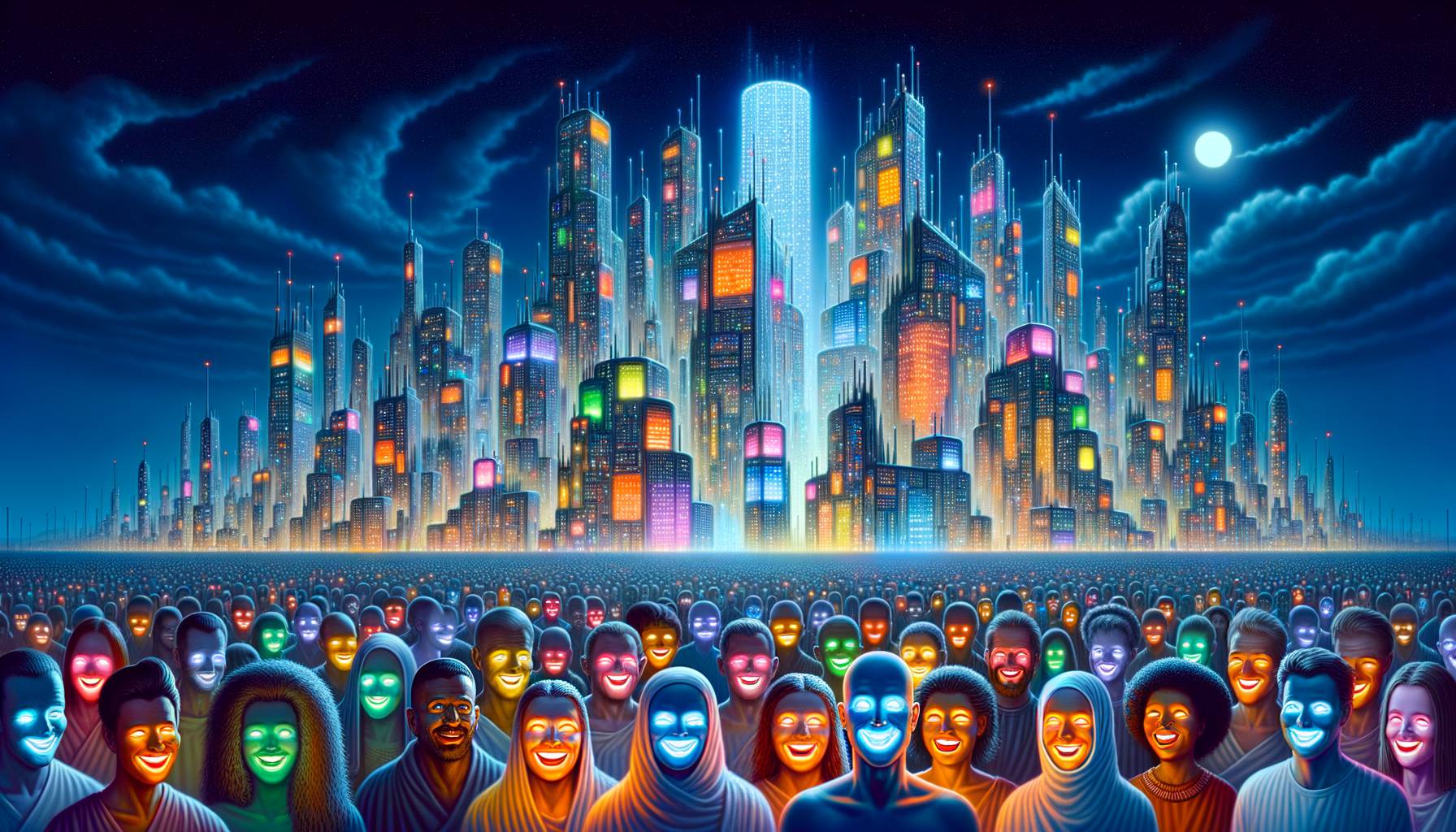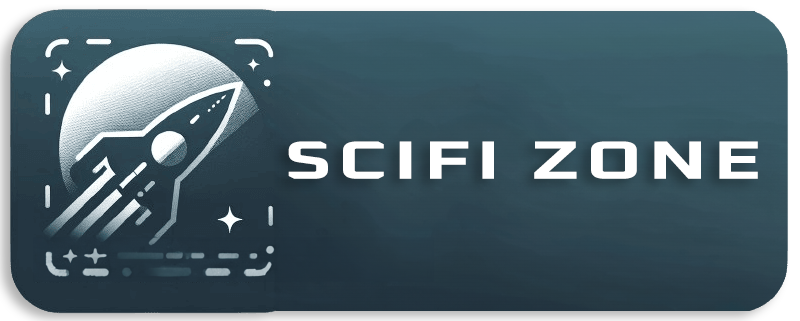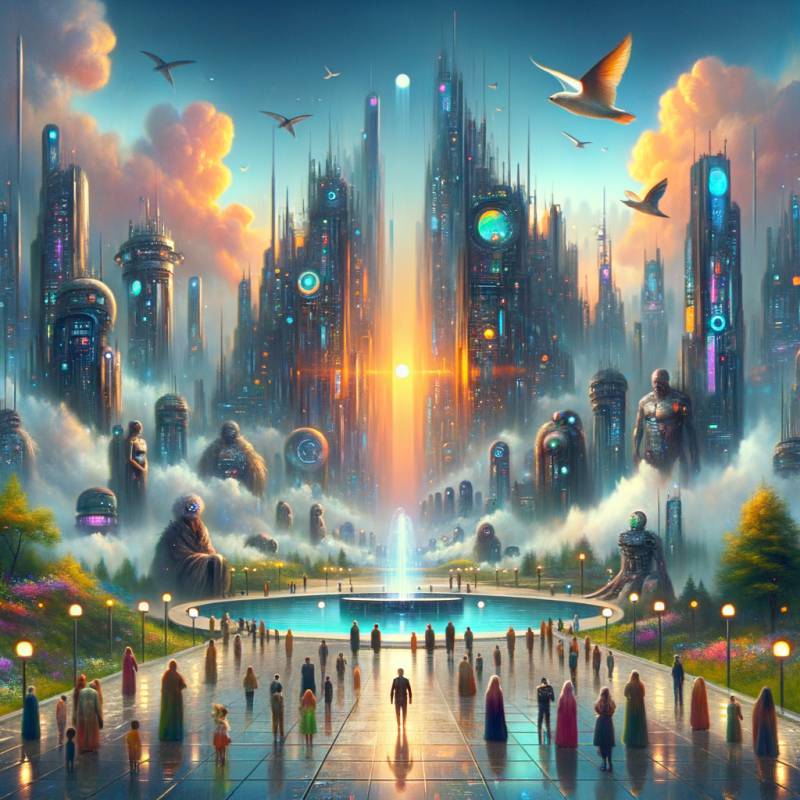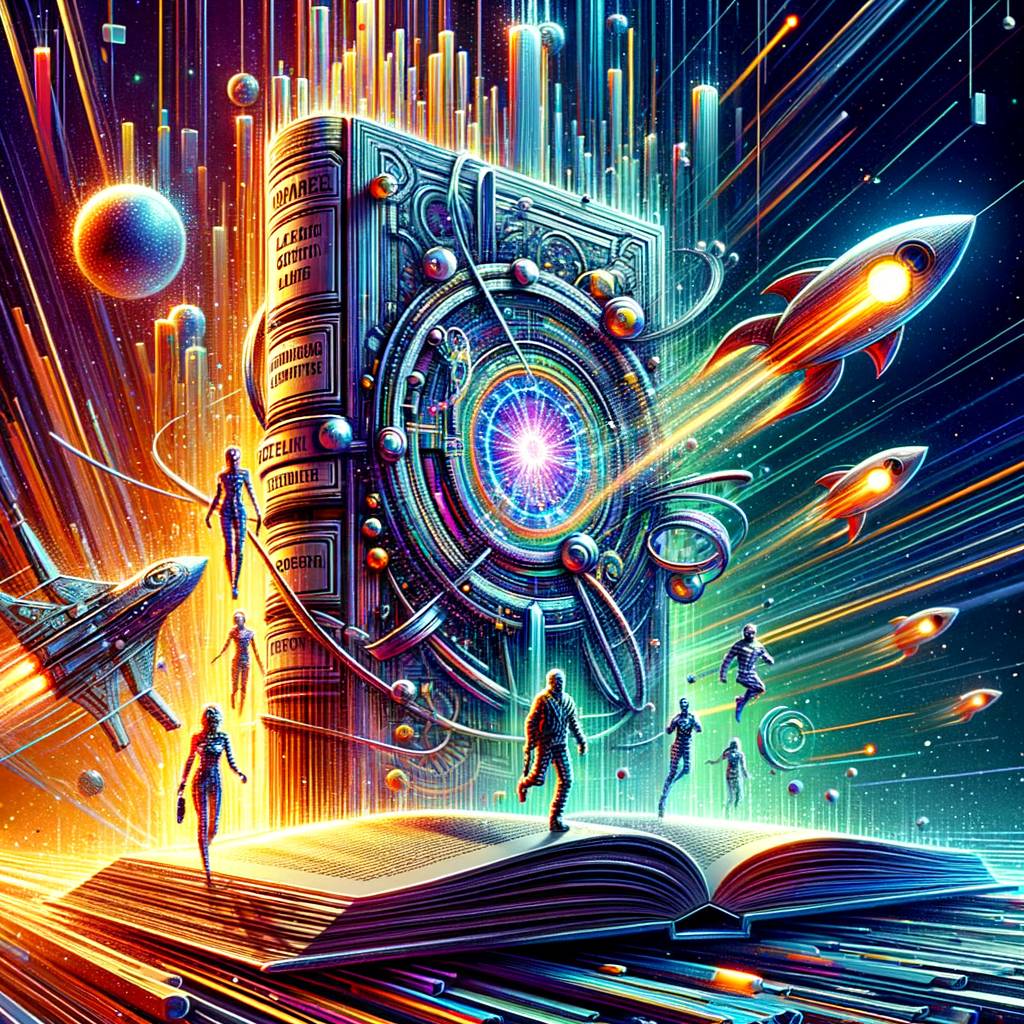Engineering Happiness: The Alarming Vision of Aldous Huxley’s Brave New World

In Aldous Huxley’s dystopian novel, Brave New World, he presents a chilling vision of a future society where happiness is engineered and controlled by the state. This article explores the implications of this vision and its relevance to our contemporary society.
The Concept of Engineered Happiness
In Brave New World, happiness is not a by-product of personal achievement or emotional connection, but a state induced by a drug called Soma. This drug, distributed by the government, keeps the population docile and content, eliminating any form of dissatisfaction or emotional distress.
Huxley’s vision raises profound questions about the nature of happiness and the role of the state in regulating it. Is happiness something that can be manufactured and distributed like a commodity? And if so, what are the implications for individual freedom and autonomy?
Relevance to Contemporary Society
While Huxley’s vision may seem far-fetched, it bears striking similarities to certain trends in our contemporary society. The increasing reliance on pharmaceuticals to manage mental health, the growing influence of technology in shaping our emotions and experiences, and the commodification of happiness through consumer culture all echo elements of Huxley’s dystopia.
As Huxley himself noted, “The real danger is man’s urge to escape from himself and his true nature”.1 The pursuit of engineered happiness, whether through drugs or technology, can be seen as an attempt to escape from the complexities and challenges of human existence.
Case Study: The Rise of Antidepressants
One of the most striking parallels between Brave New World and our contemporary society is the rise of antidepressants. According to the World Health Organization, the use of antidepressants has increased by nearly 50% in the past decade.2 Like the fictional Soma, these drugs are often used to manage emotional distress and promote a state of contentment.
While antidepressants can be life-saving for those with severe mental health conditions, their widespread use raises important questions. Are we becoming a society that medicates away our unhappiness, rather than addressing its underlying causes?
Conclusion: The Dangers of Engineered Happiness
Huxley’s Brave New World serves as a stark warning about the dangers of engineered happiness. While drugs and technology can provide temporary relief from suffering, they cannot replace the complex, often challenging, experience of being human.
As we navigate our increasingly complex and technologically driven world, it is crucial that we remember Huxley’s warning. Happiness cannot be engineered or commodified. It is a deeply personal and subjective experience that arises from our engagement with the world, not from a pill or a digital algorithm.
In the words of Huxley, “Happiness is not achieved through the satisfaction of desires, but through their annihilation”.3 True happiness, it seems, requires us to confront, rather than escape from, the complexities and challenges of human existence.
1 Aldous Huxley, Brave New World Revisited
2 World Health Organization, Antidepressant Use: A Global Increase
3 Aldous Huxley, Ends and Means



